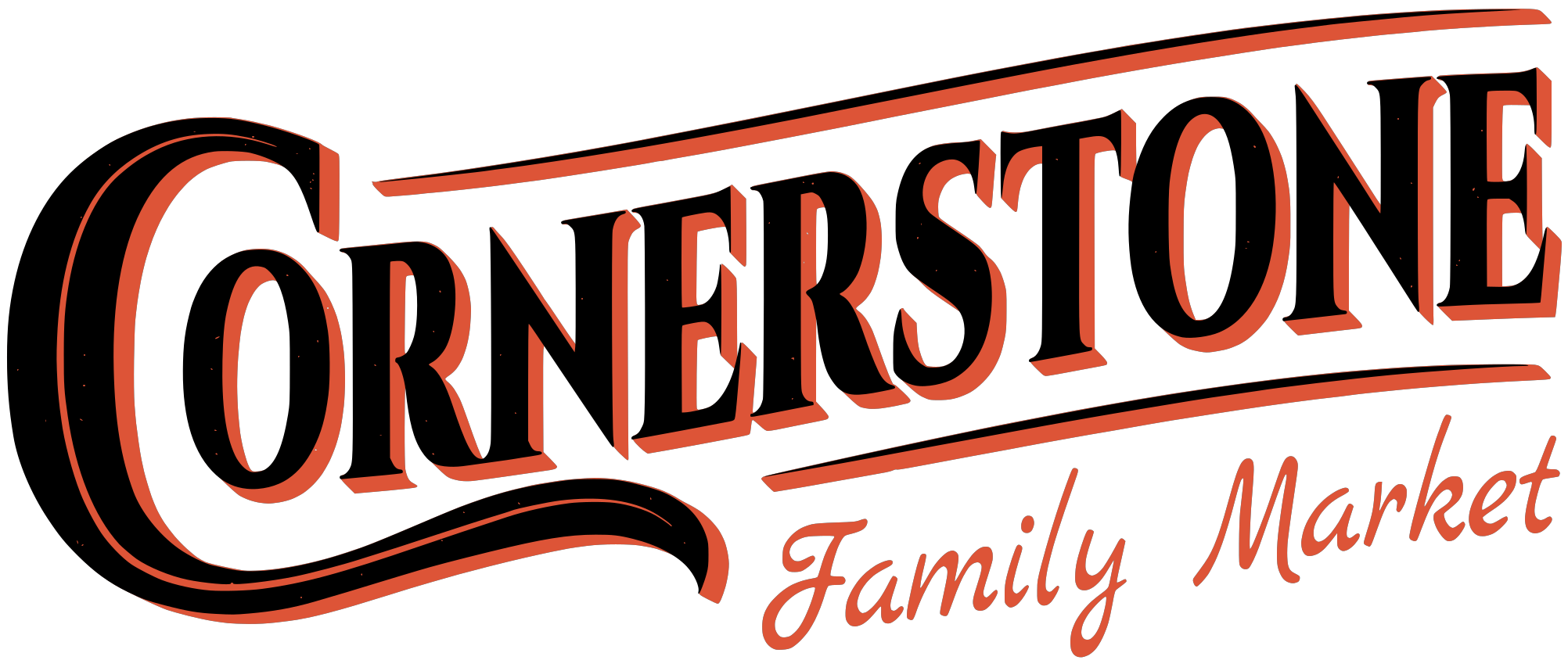Responsibilities of the Executor of an Estate
From starting the probate process to closing the estate, an executor has a lot on their plate. There are a number of steps that need to be followed, which will require a fair amount of organization, time and effort. Here are some of the steps to account for:
Managing the Will
If you’re named executor, you’ll need to file the deceased’s will with the probate court. Any named beneficiaries and creditors will need to be notified, and estate assets will need to be managed. Assets such as property and financial accounts will need to be identified and distributed accordingly.
Settling Finances
It’s up to you to pay outstanding debts and taxes owed by the estate. Any claims made by creditors or other parties will have to be evaluated and settled, even if estate assets need to be sold to accommodate the demands. Once all of this is settled, you can distribute the assets.
Distributing Assets
If there is a will, you need to distribute the assets among the beneficiaries according to it. Otherwise, they need to be distributed according to the state’s intestacy laws. Once the beneficiaries have sorted through all the items in the estate, you’ll have to find the appropriate parties to clear, clean, and renovate the property, if necessary, before selling it. If you’re looking for a way to capitalize on the value of the leftover items without doing any extra work, we may be able to help!
Closing the Estate
After all accounts have been settled and the beneficiaries’ distributions have been accounted for, it’s time to close the estate. You must file a final account with the probate court, at which point you’ll obtain permission to close the estate. Once this is completed, the probate process is finally over!
This is a lot of work, so you may want to consult the deceased’s lawyer in order to assure you aren’t missing any important details.
